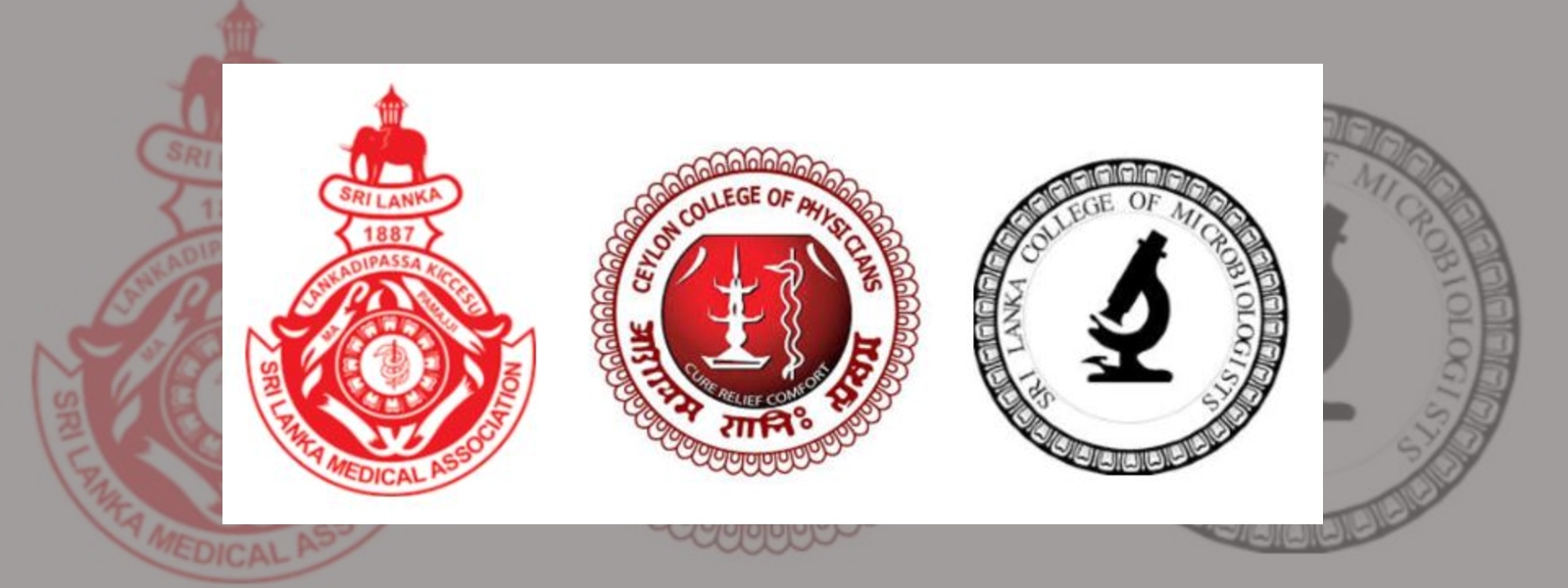.webp)

Introduction of Rapid Antibody Test to diagnose COVID-19 may Jeopardize Sri Lanka’s Excellent Public Health Response to COVID-19
COLOMBO (News 1st): A group of medical bodies on Monday (06th) said the current strategy adopted by Sri Lanka to contain COVID-19, is unique as it focuses on detecting and quarantining close contacts of patients but request to increase the tests done per day but said the rapid antibody test is not compatible with the unique preemptive strategy of Sri Lanka, which has been successful so far.
According to the joint position paper released by the Sri Lanka Medical Association, the Ceylon College of Physicians and Sri Lanka College of Microbiologists, the success of the present strategy in containing the virus is evident by the fact that the COVID-19 transmission in Sri Lanka is still at stage 3; meaning the spread of the virus is limited to very small clusters.
"Sri Lanka's current strategy of conducting the RT-PCR test recommended by the World Health Organisation to detect COVID-19 patients, allows the relevant authorities to confirm cases at a very early stage with almost 100% accuracy," told Prof. Indika Karunathilake, President of the Sri Lanka Medical Association to News 1st on Monday.
Karunathilake said it is wise to increase the capacity of RT-PCR tests to around 1,500 per day over introducing new testing methods that "could sabotage the ongoing strategy to contain COVID-19".
“The suggestion to introduce new methods such as detection of antibodies to diagnose COVID-19, based on the justifications of ease of testing, short testing time, using as a Point of Care (PoC) test and relatively low cost, as cited; could put the overall strategy in place to control the virus, at risk,” Prof. Karunathilaka said.
Furthermore, when using the detection of antibodies to diagnose COVID-19, there is a risk of patients in the early stage of the disease being missed, as it could take about 1 to 2 weeks to develop antibodies. Thereby, such patients may test negative to the infection.
"Cross-reaction of antibodies can lead to inaccurate results, where patients who are not contracted with the virus may test positive; therefore, such false negatives and false positives will put plans of epidemiological control into disarray," told Prof. Karunathilaka.
However, "the rapid antibody test could be useful in post epidemic surveillance and detecting unrecognized past infection and immunity," told Prof. Karunathilaka; emphasizing that this is not the current requirement of the country.
According to Prof. Karunathilake with regard to the current need of the country as far as curtailing the spread of COVID-19 is concerned, the rapid antibody test is not compatible with the unique preemptive strategy of Sri Lanka, which has been successful so far.
Other Articles
Featured News





.png )



-788127_550x300.jpg)

-788115_550x300.jpg)


-785316_550x300.jpg)



















.gif)